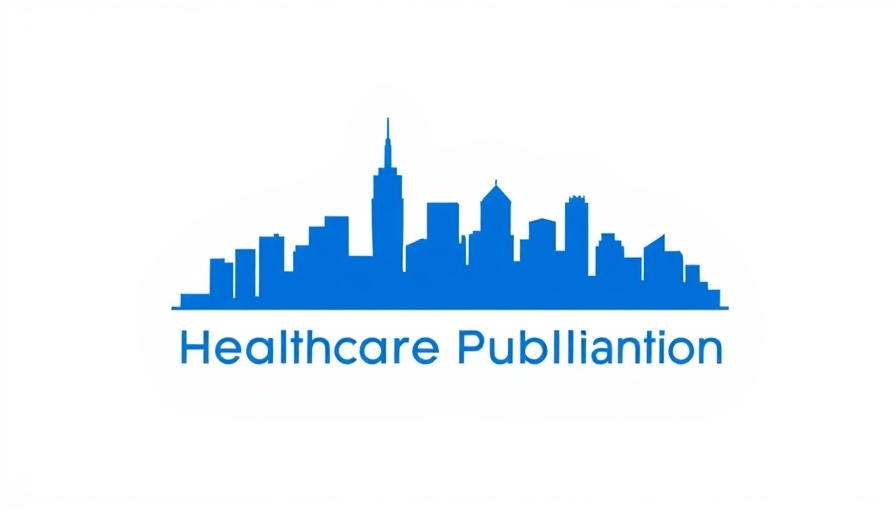
Understanding Medical Device Recalls: A Need for Vigilance
Medical device recalls are a critical aspect of patient safety, designed to address devices that could potentially pose serious health risks. Recent recalls highlight the importance of staying informed about the equipment used in healthcare settings.
Recent Recalls Affecting Healthcare Providers
The latest wave includes important recalls from prominent medical device manufacturers, focusing on enhancing safety protocols in neonatal care and emergency preparedness. These incidents underscore the need for healthcare providers to remain vigilant in monitoring the devices they use.
Risk of Disconnection: AirLife/Vyaire Infant Heated Wire Circuits
AirLife and Vyaire recently announced a recall of specific Infant Heated Wire Circuits used in ventilation for neonates. The risk arises from a possibility of the adapter disconnecting during operation, which can lead to severe consequences including hypoxia, hypercapnia, or even death. Although no injuries have been reported thus far, healthcare providers must cease the use of any affected circuits and conduct ongoing monitoring of ventilator settings and alarms to prevent any adverse events.
Critical Misprints: Broselow Pediatric Emergency Rainbow Tape
Another significant recall involves the 2025 edition of the Broselow pediatric emergency rainbow tape, also from AirLife. Due to inaccuracies in the printed data concerning pediatric emergency dosages, there are potential risks associated with cardiac treatment and metabolic stability. Misprinted information could lead to incorrect dosing in critical situations, highlighting the essential nature of accurate medical materials in emergency scenarios.
Software Issues: Baxter Spectrum Infusion Pumps
Baxter has alerted providers about a software issue affecting certain Sigma Spectrum V6 and V8 infusion pumps. Some units have reportedly been programmed with incorrect software versions that lead to inaccuracies in flow rates. This could result in either underinfusion or overinfusion of medications, drastically impacting patient treatment outcomes. Again, while no injuries have yet been documented, this issue calls for immediate action from healthcare providers to ensure safety.
Why Staying Informed Matters for Providers
For independent physicians, nurse practitioners, and clinic directors, understanding the implications of these recalls is crucial for safeguarding patient health. Active monitoring of device efficacy and ensuring compliance with safety standards can help mitigate risks associated with medical device usage.
The Future of Medical Device Management
As healthcare becomes increasingly automated, the integration of technology like AI in monitoring medical devices can enhance patient safety and reduce the risks of recalls. Tools that allow for real-time tracking of device performance may be imperative in ensuring compliance and enhancing clinic workflows.
Action Steps for Healthcare Providers
Healthcare professionals should stay updated on recalls by subscribing to relevant notifications from manufacturers and regulatory bodies. Incorporate automated monitoring solutions where feasible and educate staff about the implications of device recalls. Engaging in proactive inventory management and practice automation can tremendously enhance patient safety outcomes.
In Conclusion
Medical device recalls like those recently announced by AirLife/Vyaire and Baxter remind us of the critical nature of healthcare safety. By remaining informed and vigilant, healthcare providers can ensure a safe environment for patients while optimizing clinic operations. For further insights into how you can enhance your practice amidst these changes, consider exploring additional resources on healthcare automation and compliance.
 Add Row
Add Row  Add
Add 




 Add Row
Add Row  Add
Add 

Write A Comment